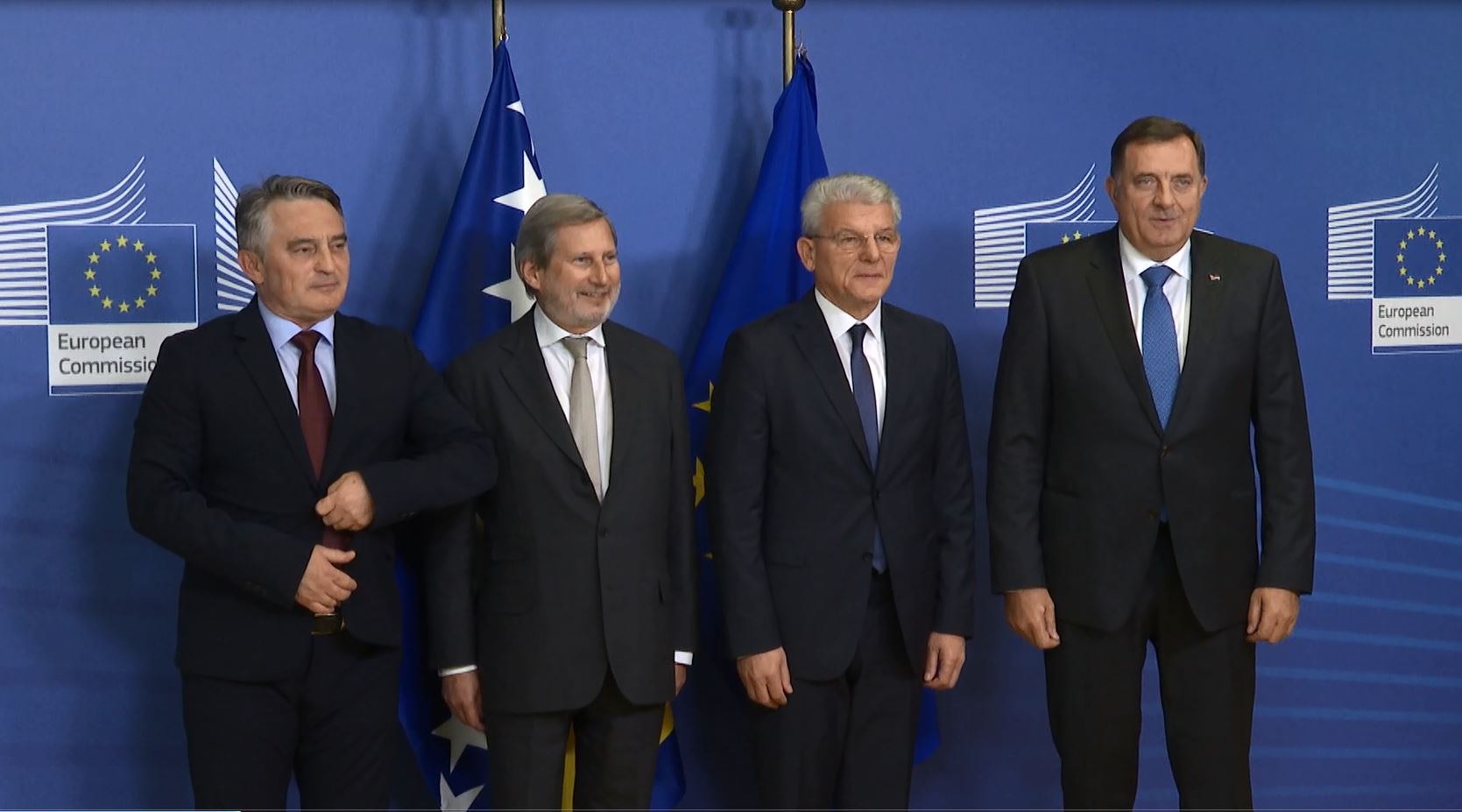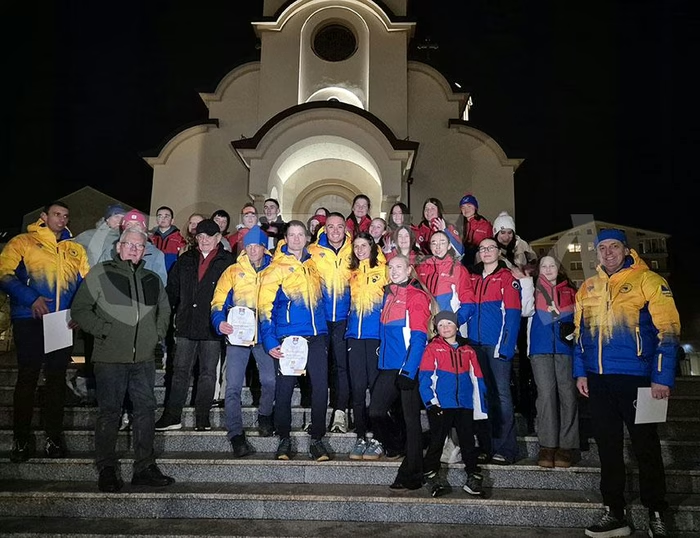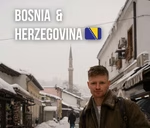Bosnia's Presidency members express different views at meeting with EU officials

The three members of Bosnia's Presidency reiterated their different positions regarding Bosnia’s NATO membership but told EU representatives in Brussels on Tuesday that they agree on the country joining the EU.
The Presidency members asked the European Commissioner for European Neighbourhood Policy and Enlargement Negotiations, Johannes Hahn, what the position of the EU is on enlargement in light of the recent setback Albania and Northern Macedonia experienced.
The two countries were left disappointed by France’s refusal to greenlight the opening of the EU membership negotiations process with them although they met the requirements Brussels had put forward.
“We talked about what was happening in Bosnia and Herzegovina regarding the forming of the government and about everything happening within the EU regarding the Western Balkan region, specifically what this situation in which accession negotiations with North Macedonia and Albania were not opened means,” the Bosnian Croat Presidency member, Zeljko Komsic, told N1.
He said the positions of the three Presidency members have not changed and neither have the conditions they have set for the formation of the government a year after elections.
Bosnia has not formed a government - officially called the Council of Ministers - since the October 2018 election because Komsic and the Bosniak Presidency member, Sefik Dzaferovic, refuse to vote for the new prime minister.
The new head of government is supposed to come from the party of the Bosnian Serb Presidency member Milorad Dodik, which opposes the country’s path toward NATO membership and announced it would not allow the next step in this direction to be made.
The next step is sending the Annual National Programme to NATO, and the Bosniak and Croat Presidency members insist on it.
“Mr Dzaferovic and I believe that we should talk about Bosnia’s Euro-Atlantic path, while Mr Dodik believes we should only talk about Bosnia’s European path,” Komsic explained. “To simplify it - our positions remained the same.”
Regarding the EU’s approach to the Western Balkans, “we told Mr Hahn that the news we heard recently was disappointing for us regardless of the fact that they don’t concern Bosnia directly but two other countries,” he said.
“We believe that the success of other countries in the region sends a positive signal to Bosnia as well. In that sense, the decision regarding North Macedonia and Albania is a disappointment for us in Bosnia, not only for them,” he said, adding that the three requested Hahn to tell them what they can expect in the future, regarding the region’s EU path.
Komsic also said that he and his colleagues told Hahn that, "despite the disappointing news which we heard, Bosnia does not have the luxury to give up on its European path," adding that some other initiatives which have recently emerged in the region can not replace the EU path.
Dzaferovic said that Commissioner Hahn informed the three presidents that a consensus among the EU members has not been achieved regarding further negotiations with Albania and Northern Macedonia until the EU itself finishes some reforms.
The Bosniak Presidency member confirmed that he also does not see any alternative to EU membership. He commented on a new initiative, called ‘Little Schengen’ - a declaration launched by Serbia, Northern Macedonia and Albania which calls for the removal of border controls and other obstacles to free movement within the Western Balkans free-trade zone CEFTA by 2021.
“There are attempts to create some kind of customs unions. For us in Bosnia nothing outside of what is being done within the EU framework is acceptable,” Dzaferovic said, arguing that regional cooperation is necessary and Bosnia should be part of it, but only if it is within the framework of the country joining the EU.
The Serb Presidency member, Milorad Dodik, told the public broadcaster in Republika Srpska (RS, the Serb-majority region of the country) that no important decisions for Bosnia were made at the meeting in Brussels.
He also said that his Bosniak and Croat colleagues advocated for EU and NATO membership for the country, while he only pushed for Bosnia joining the EU.
“We confirmed our different views of Bosnia and Herzegovina in the Presidency,” Dodik said.
“It was pointed out that we should focus on European integration and not conditions,” he said, referring to the deadlock the government formation process.
Kakvo je tvoje mišljenje o ovome?
Učestvuj u diskusiji ili pročitaj komentare





 Srbija
Srbija
 Hrvatska
Hrvatska
 Slovenija
Slovenija



























































